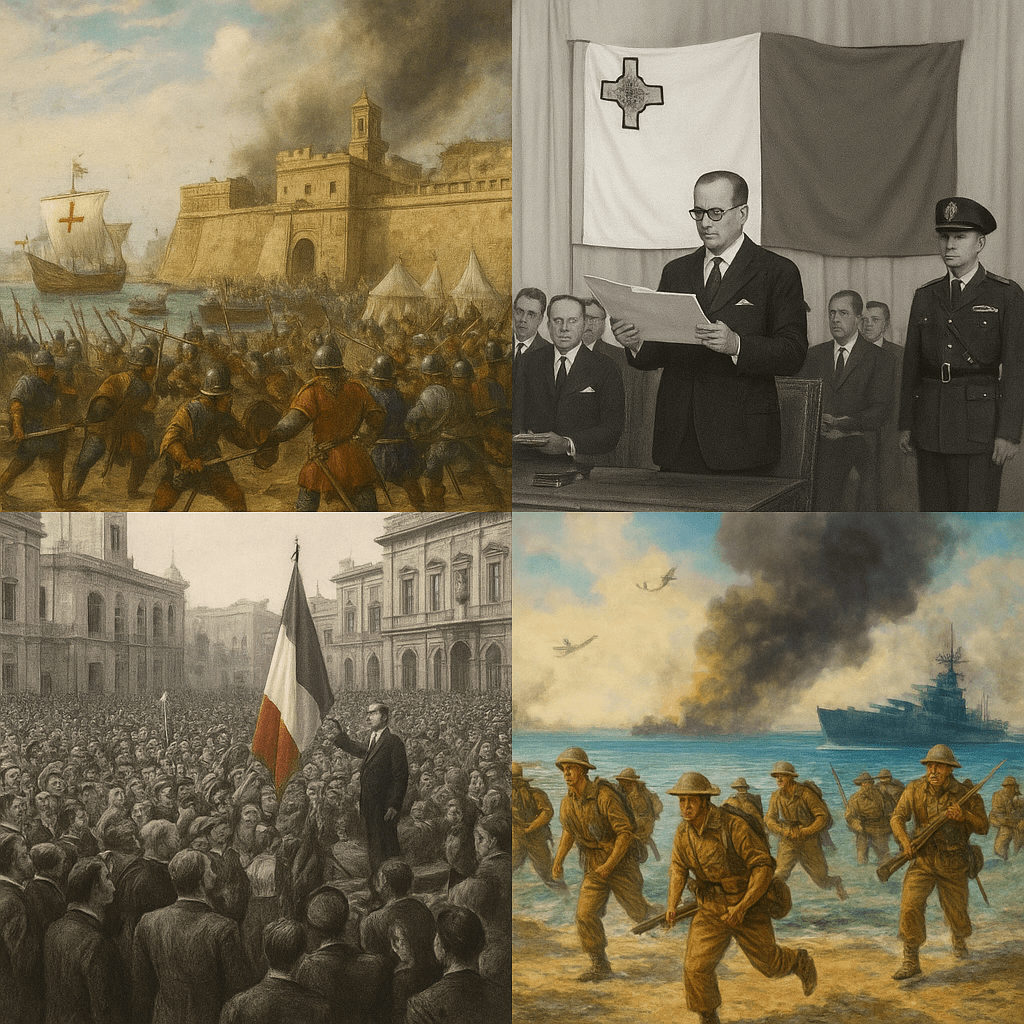Table of Contents
ToggleMalta's historic Timeline
Scroll through Malta’s history from the earliest settlers to today.

Għar Dalam — First human settlement
Evidence of the earliest known settlers of Malta.
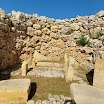
Megalithic Temples
Ġgantija, Ħaġar Qim, and Mnajdra are older than Stonehenge and the Pyramids.

Ħal Saflieni Hypogeum
An underground necropolis with painted chambers and thousands of burials.

Disappearance of Temple Builders
The sudden decline of Malta's megalithic culture.
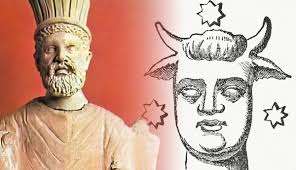
Phoenicians and Carthaginians
Malta thrived as a maritime trading post.
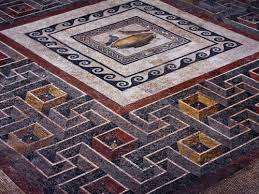
Malta under Rome
Romans introduced villas, baths, and expanded trade.
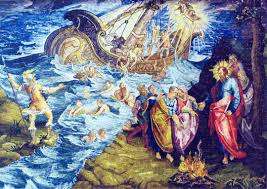
St Paul’s Shipwreck
According to tradition, the Apostle Paul brought Christianity to Malta.
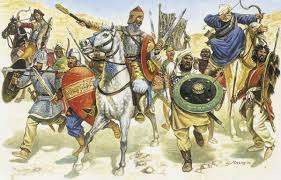
Arab Conquest
Arabs introduced irrigation and new agricultural practices.
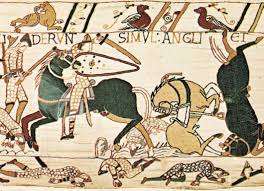
Norman Conquest
Normans restored Christianity and feudal structures.
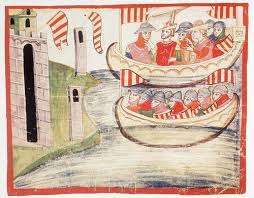
Kingdom of Aragon
Malta comes under the Aragonese Crown.
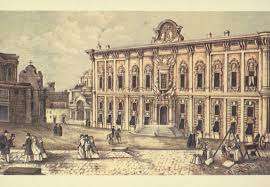
Kingdom of Castile
Malta under Castilian rule.
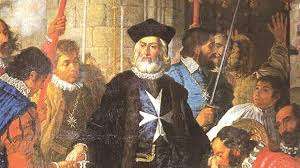
Knights of St John Arrive
Charles V grants Malta to the Knights Hospitaller.
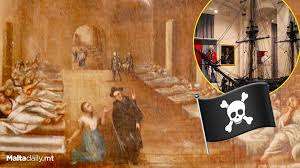
Barbary Pirate Raids
Malta’s coasts were repeatedly attacked by Ottoman pirates.
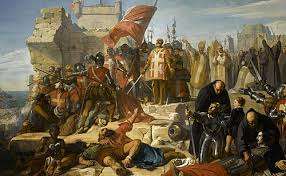
The Great Siege
Maltese and Knights resisted the Ottoman invasion during the Great Siege of 1565.
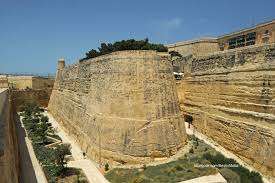
Foundation of Valletta
Fortified capital established by Grandmaster La Valette following the Great Siege.
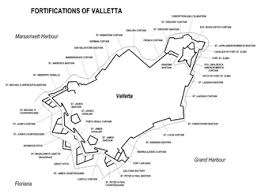
Valletta Fortifications Completed
Bastions and fortifications around Valletta were fully strengthened.
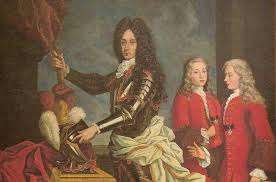
Grandmaster Vilhena
Baroque architecture flourishes under Grandmaster Vilhena — new palaces and gardens built.
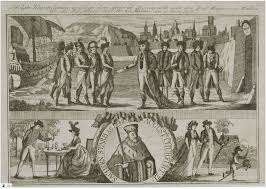
French Occupation
Napoleon Bonaparte briefly occupies Malta in 1798.
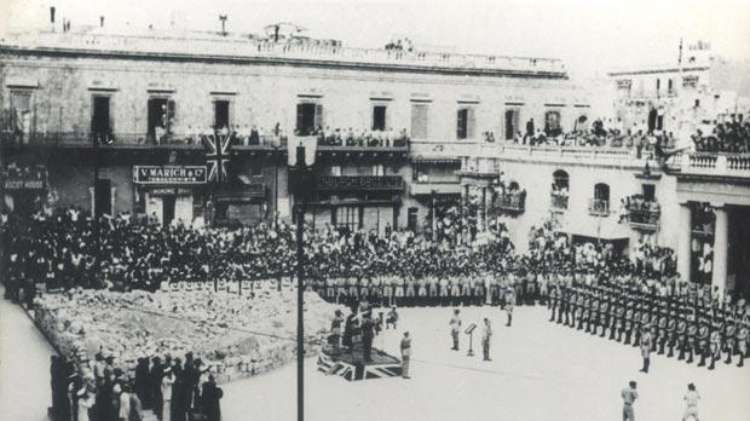
British Takeover
British forces expel the French; Malta becomes a British protectorate.
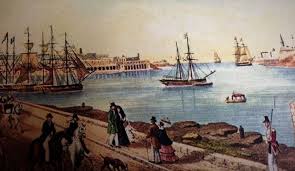
British Colony
Malta is formalized as a British colony under the Treaty of Paris.
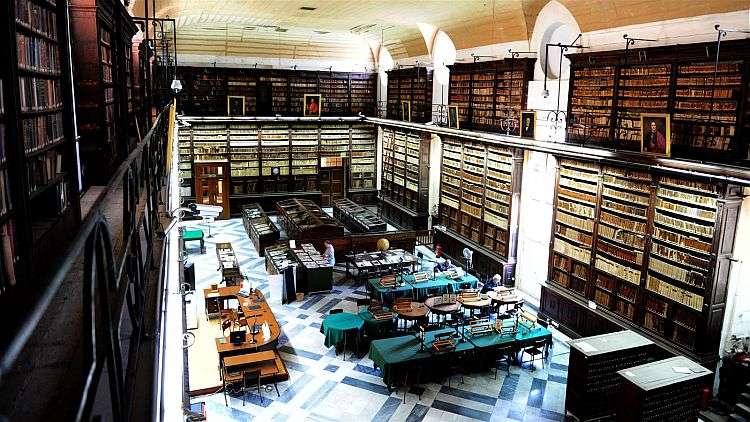
National Library Founded
The first public library opens in Valletta.
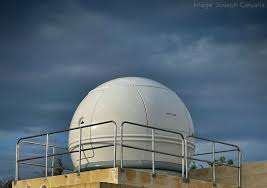
Malta Observatory
Scientific and astronomical research begins on the island.
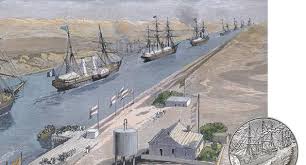
Suez Canal Opens
Malta’s strategic importance as a naval base increases after the opening of the Suez Canal.
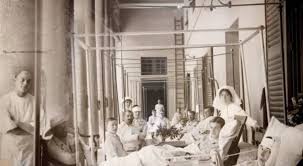
“Nurse of the Mediterranean”
During WWI Malta treated tens of thousands of wounded soldiers and earned the nickname.

Bloody Sunday Protests
British repression of nationalist demonstrations in 1919.
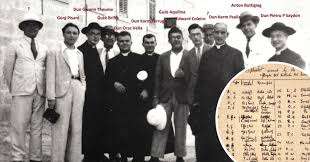
Official Languages Declared
English and Maltese are formally declared official languages.
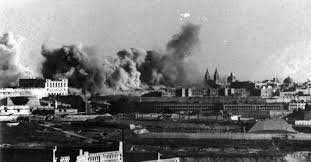
WWII Siege of Malta
Malta endured heavy bombing and blockade during the Second World War.
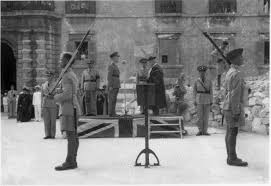
George Cross Awarded
King George VI awards the George Cross to Malta for its bravery during WWII.
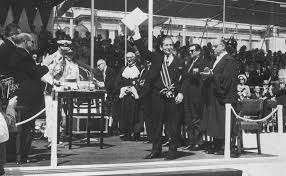
Independence & Republic
Malta gains independence from Britain in 1964 and becomes a republic in 1974.
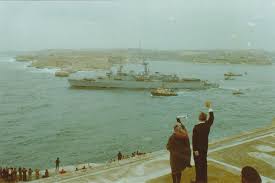
British Forces Leave Malta
Complete sovereignty is achieved; Freedom Day commemorates the withdrawal of British forces.
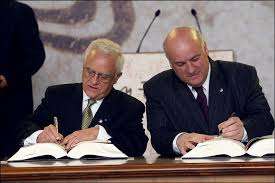
EU Membership & Euro Adoption
Malta joins the European Union in 2004 and later adopts the Euro currency in 2008.
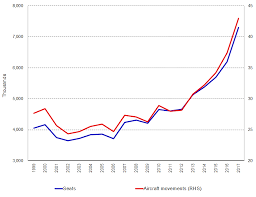
Digital Economy & Tourism Growth
Malta modernizes its economy with growth in tech, online gaming, and tourism.
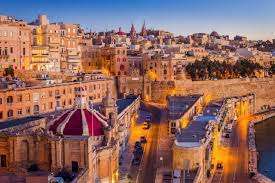
Valletta: European Capital of Culture
The city hosts major cultural and heritage events as European Capital of Culture.
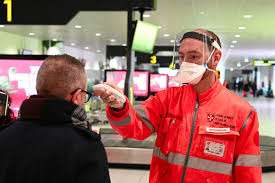
COVID-19 Pandemic
Malta implements health measures and shows resilience during the global pandemic.

